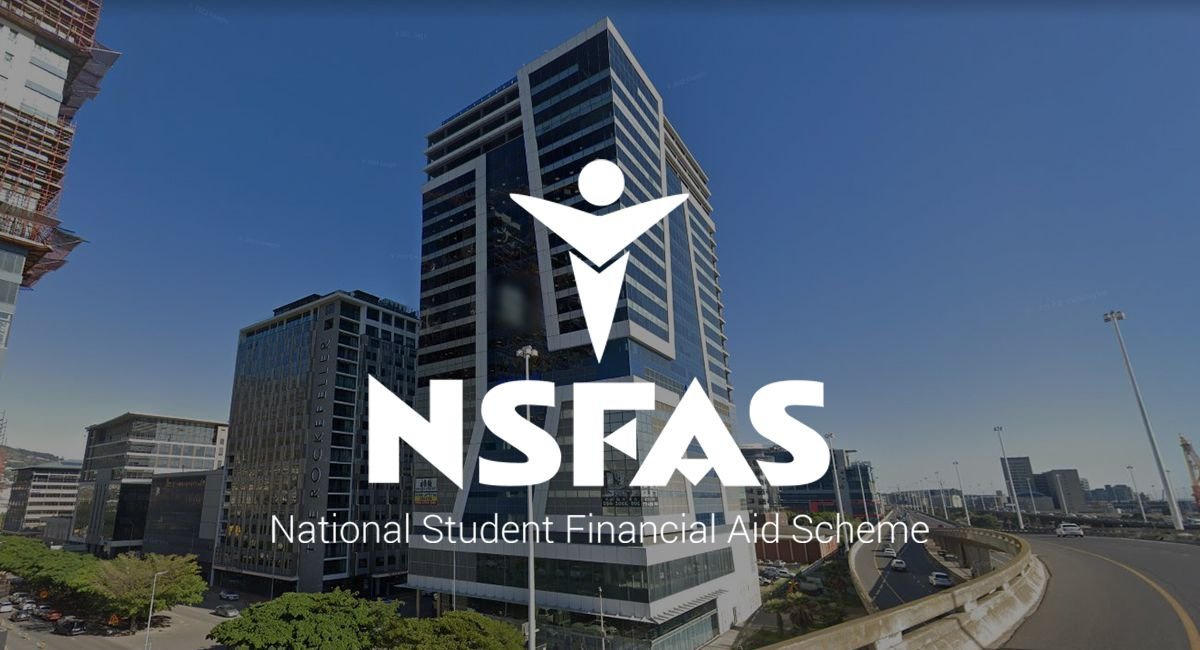In the pursuit of higher education, South Africa’s National Student Financial Aid Scheme (NSFAS) stands as a beacon of hope for the country’s disadvantaged youth. Yet, recent revelations have cast a shadow over this vital institution, exposing a web of fraud, mismanagement, and institutional shortcomings. As Higher Education Minister Blade Nzimande acknowledges the loss of millions due to maladministration, the NSFAS finds itself at a critical crossroads, facing intense scrutiny and the need for urgent reform.
The NSFAS Mission:
The NSFAS plays a crucial role in enabling students from impoverished backgrounds to access tertiary education. With an annual operation of R50 billion, its mandate extends beyond tuition fees to encompass essential allowances for students’ sustenance and learning materials. However, recent events have unveiled systemic weaknesses that threaten its core mission.
Fraud and Maladministration Unveiled:
Minister Nzimande’s admission of the loss of over R21.4 million to fraud and maladministration serves as a wake-up call. Despite the scale of this financial hemorrhage, no funds have been recovered yet, with ongoing investigations by law enforcement agencies. The revelation underscores the urgency of addressing internal control deficiencies and ensuring accountability within NSFAS.
Challenges Galore:
The challenges besieging NSFAS are multifaceted and deeply entrenched. A scathing report by the South African Auditor-General revealed a regression in NSFAS’s financial management, culminating in an adverse audit opinion—the worst possible rating. Inadequate organizational capacity and systemic failures have exacerbated the situation, highlighting NSFAS’s struggle to keep pace with its rapid growth.
NSFAS Under Fire:
Parliament’s demand for answers in February 2024 further intensified the spotlight on NSFAS. Delays in the annual report, coupled with inconsistencies and deficiencies, exposed the organization’s operational fragility. Committee members raised concerns over NSFAS’s handling of key projects, including student accommodation, amid accreditation challenges and capacity constraints.
Resignation and Ministerial Intervention:
The unfolding crisis reached a crescendo with the resignation of NSFAS board chairperson Ernest Khosa and the subsequent firing of the entire board by Minister Nzimande. Citing allowance payment challenges and the board’s failure to implement recommendations, Nzimande placed NSFAS under administration, signalling a decisive move to restore trust and accountability.
Path to Redemption:
As NSFAS navigates turbulent waters, the road to redemption demands comprehensive reforms and steadfast leadership. Prioritizing transparency, accountability, and capacity building will be paramount in restoring faith in the institution. Collaboration with law enforcement agencies to prosecute perpetrators of fraud is essential, as is the implementation of robust internal controls to prevent recurrence.
The unravelling of fraud and mismanagement within NSFAS has laid bare the urgent need for reform. Minister Nzimande’s decisive intervention signals a commitment to address systemic shortcomings and safeguard the future of South Africa’s higher education landscape. As the nation grapples with the fallout, the imperative for transparency, accountability, and effective governance has never been more pressing. Only through concerted efforts can NSFAS reclaim its mission and ensure equal access to education for all.
Follow us on WhatsApp for up updates
